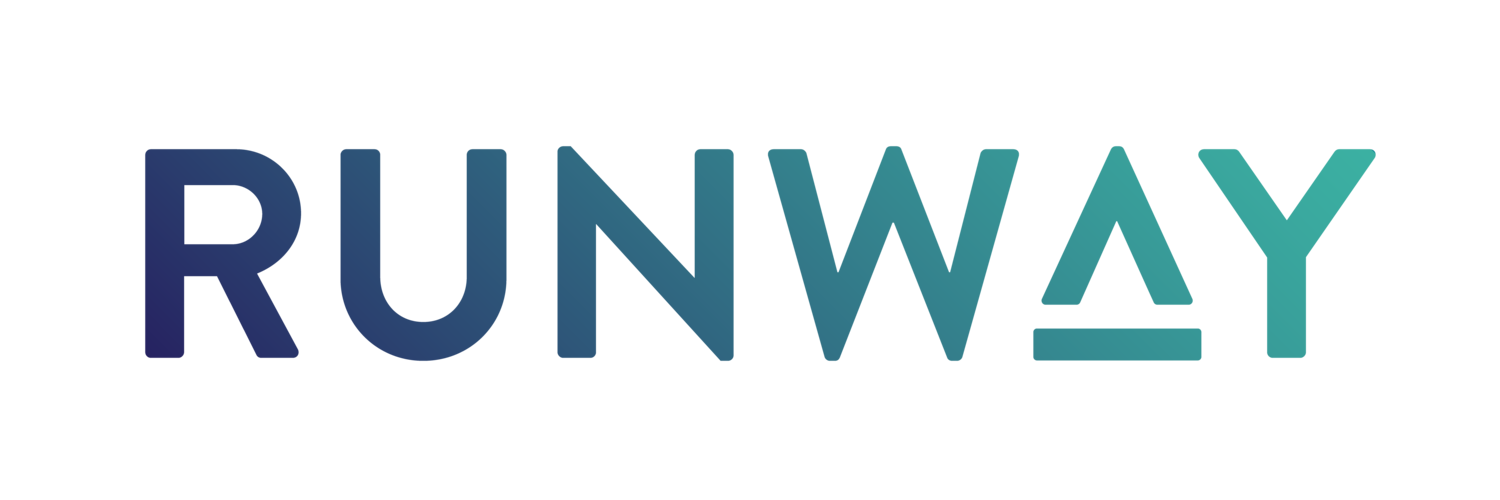What would it take to bridge the Racial Wealth Gap?
Credit: Megan Totah Design
The racial wealth gap is not merely a result of historical injustices but a manifestation of the systemic racism and economic oppression that continues to harm Black communities and communities of color.
Addressing wealth disparities in a meaningful and sustainable way requires a fundamental shift in policies, practices, and culture to dismantle inequitable structures and reimagine new economic systems that work for us all.
Reparations for Past and Present Injustices
One crucial step towards closing the racial wealth gap is the recognition and reparations for the historical injustices that have disproportionately impacted communities of color. Acknowledging the atrocities of enslavement, segregation, and discriminatory policies is not enough; it must be accompanied by tangible reparations to restore the generational wealth stolen from Black and Indigenous communities. These reparations could take the form of financial compensation, critical investments in education, housing and infrastructure in marginalized neighborhoods, and targeted programs to uplift those communities. We also need far-reaching legislation and wraparound support that enables powerbuilding among communities of color, like entrepreneurship support, criminal justice reform, access to affordable and quality healthcare, and prohibiting voter suppression.
Redefining Work, Wages, and Wealth-building
The current economic system often undervalues essential labor, particularly jobs predominantly held by people of color, such as caregiving, domestic work, and service jobs. We must redefine work and wages to ensure that all workers receive fair compensation for their contributions. Implementing a living wage, strengthening labor unions, and advocating for values-driven business structures like worker-owned cooperatives or self-directed non-profits can empower workers and build economic stability within marginalized communities. Additionally, introducing a Universal Basic Income, or UBI, where all citizens receive a regular, unconditional payment from the government, can provide a financial safety net for those struggling with poverty and open up capacity to pursue education, entrepreneurship, creative endeavors, community engagement, and invest more in their health and well-being.
Progressive Taxation and Wealth Redistribution
It is mind-boggling that 400 of the richest American billionaires–nearly all white–have more total wealth than all 10 million Black households in America combined. The racial wealth gap can’t be eliminated without transformative national investment in Black households and communities, including a program of heavy and highly progressive taxation aimed at the very wealthiest Americans. The wealth disparity is the product of systemic racism amassed over generations, and we need to shift where that wealth is concentrated. A legislative approach to closing the racial wealth gap necessitates a complete reevaluation of the tax system. Progressive taxation on the ultra-wealthy and corporations can generate significant revenue to fund social programs, education, and infrastructure projects in marginalized communities. By redistributing wealth and resources, the benefits of economic growth can be equitably shared among all people.
Community-Based Economic Development
Community-based economic development programs generate community wealth. Supporting and funding local entrepreneurs, cooperatives, community land trusts, and worker-owned businesses can help build sustainable and equitable economies within these communities. This approach ensures that economic decisions are made democratically and prioritize the well-being of people and the planet over profit. In a Restorative Economics framework, community members are invited to help shape a process about how to spark investment and growth in their community while addressing the real needs and challenges impacting those that call the neighborhood home. This is done while also designing and implementing policies and strategies to keep long-term residents rooted in their neighborhoods. When communities come together to collectively impact their local economies, they can leverage their collective power to foster community self-determination and build shared prosperity.
An Exercise of Reimagining
Our team at RUNWAY communed and dreamed about what the world could look like if the racial wealth gap closed for good, and the visions for the future are beautiful: A world in which Black life–from cradle to grave–is instilled with dignity, care, love, equity, and access. A world where economic mobility is not hampered by skin color, but is completely neutralized based on talent, ambition, intelligence, and purpose. A world in which there is a clean slate for every Black child born in this country to have access to a quality education and healthcare, clean air––and free of police brutality and internalized multi-generational trauma. It would mean every Black child has a chance to thrive.
For Black entrepreneurs, it would look like having sufficient access to financing based on the quality of the proposals within the market as opposed to preconceived stereotypes or oppressive evaluation processes. It would look like the ability to own land, have access to investment opportunities, sufficient safety nets, a policy environment that favors them, and the opportunity to pass down assets and create multi-generational wealth and freedom. It would afford Black entrepreneurs time to ideate, heal, create, experiment, and flourish without feeling the pressures of capitalism and the need to survive.
And for funders, investors, and wealth holders, it looks like being in right relationship, in which investors and funders realize that our collective impact will be amplified by our interdependence. It means that we agree to journey together towards co-creating new models of fundraising and social financing. It means agreeing to work together to fund Black-led social enterprises from a place of faith, trust, and equity instead of a place of metrics-driven mistrust and bureaucracy fueled by short-term financing and extractive investment terms. Inventors and funders would be able to make and sustain the meaningful investments necessary to rapidly expand and support thriving Black communities.


